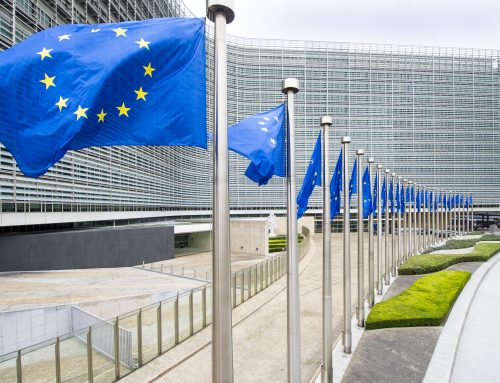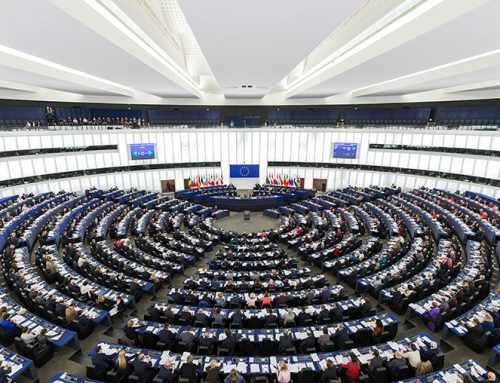The Commission has today issued guidelines to help national market surveillance authorities better control products sold online. In 2017, 55% of Europeans buy online (2017 Consumer Scoreboard) and get products shipped directly to their door, escaping the authorities’ traditional controls.
Some of these products might be dangerous and not in line with EU product safety laws, for instance toys containing substances banned in the EU. The guidelines published today clarify: 1) that any product sold online to the EU has to comply with EU product legislation, even if the producer is based outside the EU; 2) the obligations of online marketplaces when authorities require them to remove dangerous products through the ‘notice and action procedure’, as defined in the e-commerce directive; and 3) the responsibility of all actors in the supply chain, including fulfilment service providers who receive the order, package and send the product.
Vĕra Jourová, EU Commissioner for Justice, Consumers and Gender Equality said: “Shopping online is an easy way for consumers to shop, but it shouldnevercome at the expense of safety. With the new guidelines, national surveillance authorities will be able to check products bought online and ensure that all products sold in Europe are safe. Our latest figures show that trust in e-commerce is growing. Today’s safety measures will further contribute to this trend and reassure consumers. It’s our duty to make sure online commerce is as safe as traditional shopping.“
Elżbieta Bieńkowska, Commissioner for Internal Market, Industry, Entrepreneurship and SMEs, added: “With rising online sales, national market surveillance authorities find controlling and tracing products sold on-line increasingly complex. This guidance will ensure Europeans can shop online safely while further measures to strengthen market surveillance in Europe are planned for later this year.”
As outlined in the 2015 Single Market Strategy, the Commission is working on a package of measures later this year that will open up more opportunities to companies that want to expand cross-border and keep unsafe and non-compliant products out from the EU market.




